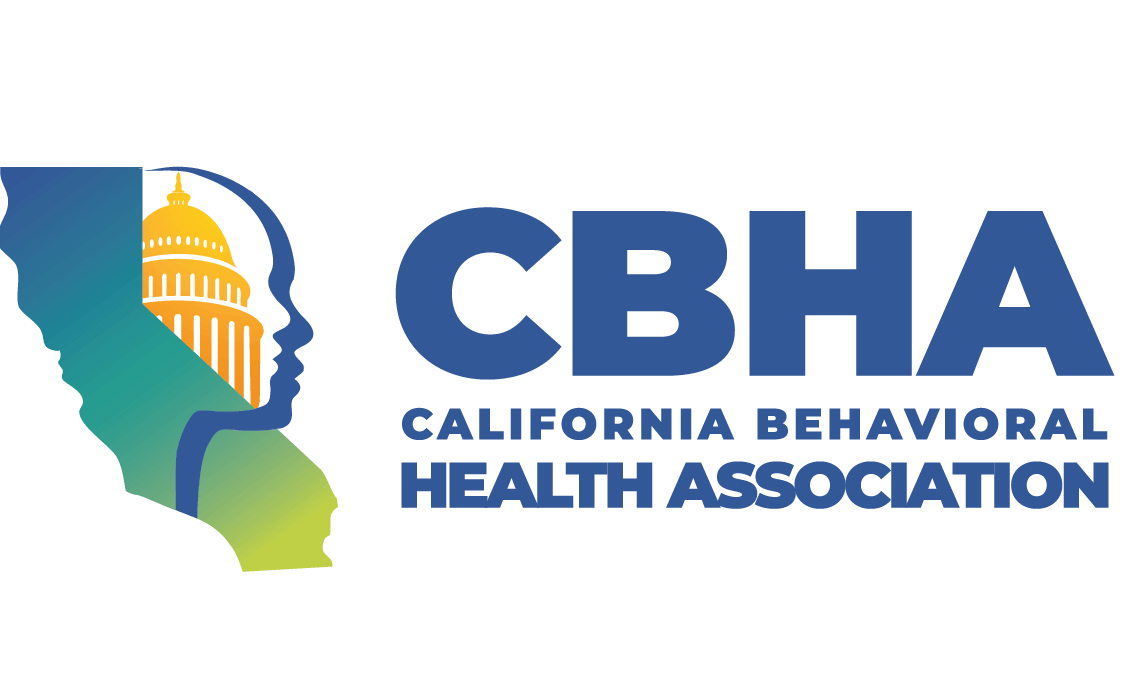CBHA's 40th Anniversary Celebration
Honoring 40 Behavioral Health Stars Who Lit The Path
Join us in celebrating 40 years of advocacy and partnership at CBHA's 40th Anniversary Event! Experience an unforgettable evening of inspiration and recognition as we honor 40 Behavioral Health Stars who have profoundly impacted our communities.
November 6, 2025 | 5:30 - 9:00pm
Arrival: 5:30 - 6:00
Awards: 6:00 - 7:15
Reception: 7:15 - 9:00
California Museum
1020 O Street
Sacramento, CA 95814
Behavioral Health Hall of Fame
Behavioral Health Champion Award
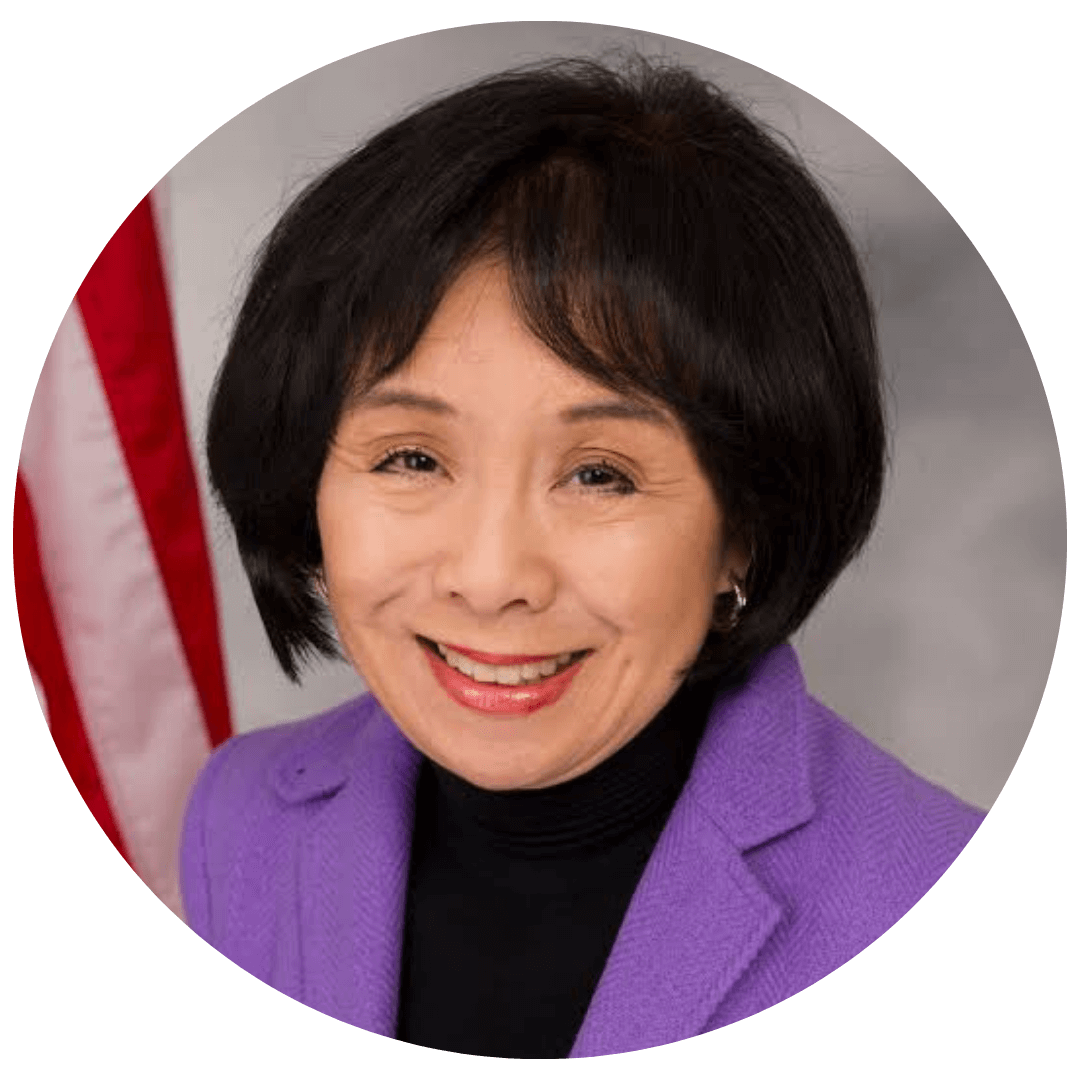
Honorable Doris Matsui
United States Representative, Congresswoman
California District 7
Honorable Doris Matsui
Congresswoman Doris Matsui has represented the city of Sacramento and its surrounding areas since 2005. As a senior member of the House Energy and Commerce Committee, she serves as the Ranking Member of the Communications and Technology Subcommittee and as a member of the Energy, Climate, and Grid Security Subcommittee. She is committed to strengthening Sacramento’s flood protection, ensuring quality, affordable health care for all, growing our clean energy economy, and promoting innovation and equity in technology.
Sitting at the confluence of the Sacramento and American Rivers, the Sacramento area has one of the highest flood risks in the country. Congresswoman Matsui has long led the charge to secure federal funding to address these risks—securing over $4 billion in investments for local flood prevention. She was at the forefront of the effort to build the Joint Federal Project at Folsom Dam, securing $1 billion for this critical project that became the model of cooperation and efficiency. She continues to secure funding to ensure the Folsom Dam Raise Project moves forward as planned. In addition, she has worked vigorously to federally authorize and fund the Natomas Levee Project, West Sacramento Project, widening of the Sacramento Weir, and bolstering of levees in South and East Sacramento. With climate change bringing more frequent, intense, and unpredictable weather patterns, her role in delivering funding for flood control and infrastructure projects is even more critical.
As Ranking Member of the House Energy and Commerce Subcommittee on Communications and Technology, Congresswoman Matsui is a national leader on technology and innovation policy. She authored the CHIPS for America Act, legislation that invested $52 billion to reassert American leadership in the strategically important semiconductor industry. She also serves as Co-Chair of the bipartisan High-Tech and Spectrum Caucuses, spearheading efforts to address the pressing tech issues of today and tomorrow while increasing the accessibility and affordability of communications services. She continues to focus on promoting the deployment of next-generation wireless technologies and maintaining a healthy spectrum pipeline. She is a leading voice for policies that support access to reliable, affordable, high-speed broadband for families and students, while ensuring that digital equity, and inclusion are top of mind. She authors the Digital Equity Foundation Act, which would channel public and private investments to help close the divide on digital equity, inclusion, and literacy. She leads the Net Neutrality and Broadband Justice Act, which would ensure access to a free and open internet by prohibiting internet fast lanes from harming consumers, small businesses and innovators.
She has worked tirelessly to improve access to high-quality, affordable, and accessible health care and was instrumental in crafting the Affordable Care Act (ACA). She is a leader in Congress on expanding the use of telehealth and growing the digital health ecosystem to help bridge gaps in care. She is an advocate for robust mental and behavioral health services, authoring the Telemental Health Care Access Act, which would repeal the requirement that Medicare patients be seen in person before receiving virtual behavioral health care. She was also instrumental in launching a network of high-quality, evidence-based Certified Community Behavioral Health Clinics (CCBHCs) in communities across the country. Her Excellence in Mental Health Act was signed into law by President Obama in 2014 and made a $1.1 billion dollar investment in the initial demonstration. The CCBHC demonstration option was expanded to all 50 states as part of the Bipartisan Safer Communities Act.
Congresswoman Matsui is a Founder and Chair of the Congressional Task Force on Aging and Families, where she addresses the full spectrum of issues that affect seniors, from retirement security to long term care. Congresswoman Matsui also serves as Co-Chair of the Rare Disease Congressional Caucus, where she works on policies to advance the science of rare disease therapies and expand access to care.
As a member of the House Energy and Commerce Subcommittee on Energy, Climate, and Grid Security and Co-Chair of the Sustainable Energy and Environment Coalition (SEEC), Congresswoman Matsui is one of the foremost leaders in Congress advancing bold policies to address the climate crisis. Under her leadership, SEEC has spearheaded numerous initiatives aimed at promoting sustainable infrastructure, providing tax incentives for clean energy, and reducing harmful emissions. She co-chairs the Nature and Oceans Task Force, which looks to harness the power of public lands and waters through natural climate solutions. She was a vocal leader in securing robust tax incentives and credits through the Inflation Reduction Act, and has worked in tandem with local leaders to ensure the regional community has the resources it needs to lead on the clean energy transition. She has been a long time champion of stronger vehicle emission standards at the national level, and a tireless advocate for California’s Clean Air Act waiver. Congresswoman Matsui authored the bipartisan Diesel Emissions Reduction Act of 2019, reauthorizing a popular program for reducing emissions from diesel vehicles. The Congresswoman also led the Healthier and Greener Schools Act, which funds sustainable retrofits at K-12 schools, and she co-led the POWER ON Act, which created a grant program to harden the electric grid against natural disasters and prevent wildfire ignition from power lines. Thanks in large part to her efforts, the Sacramento region has been transforming into a clean-tech capital, with over 200 companies in the region.
Congresswoman Matsui passionately works to improve and rebuild Sacramento’s infrastructure. She has secured large investments in regional public transportation and the Sacramento International Airport through the Infrastructure Investment and Jobs Act, and is a strong proponent of robust investments in our transit hubs.
Because she has always felt the arts connect innovation with creativity and passion, Congresswoman Matsui has been a strong supporter of the arts not only in the Sacramento community, but nationwide. She currently serves as a Member of the Board of Regents for the Smithsonian. She is also on the Council of the National Museum of African American History and Culture, and the Council of the National Museum of American History. She has previously served on the National Symphony Board and the Arena Stage Board.
Before coming to Congress, Doris Matsui served as Chairwoman on the Board for the KVIE public television station in Sacramento, and in leadership capacities for the Crocker Art Museum, Sacramento Children's Home, and the Sacramento Symphony Orchestra.
After growing up on a farm in California’s Central Valley, Congresswoman Matsui graduated from the University of California at Berkeley. She served as one of eight members of President Clinton’s transition board and later served as Deputy Assistant to the President in the White House Office of Public Liaison. Congresswoman Matsui succeeded her late husband Robert Matsui (who served in Congress from 1979-2005) in a special election in March 2005.
Congresswoman Matsui has a son Brian Matsui and a daughter-in-law Amy Matsui. She has two grandchildren, Anna and Robby. In the Spring of 2020, Congresswoman Matsui married Roger Sant, adding four children, their spouses, and six grandchildren to her family.
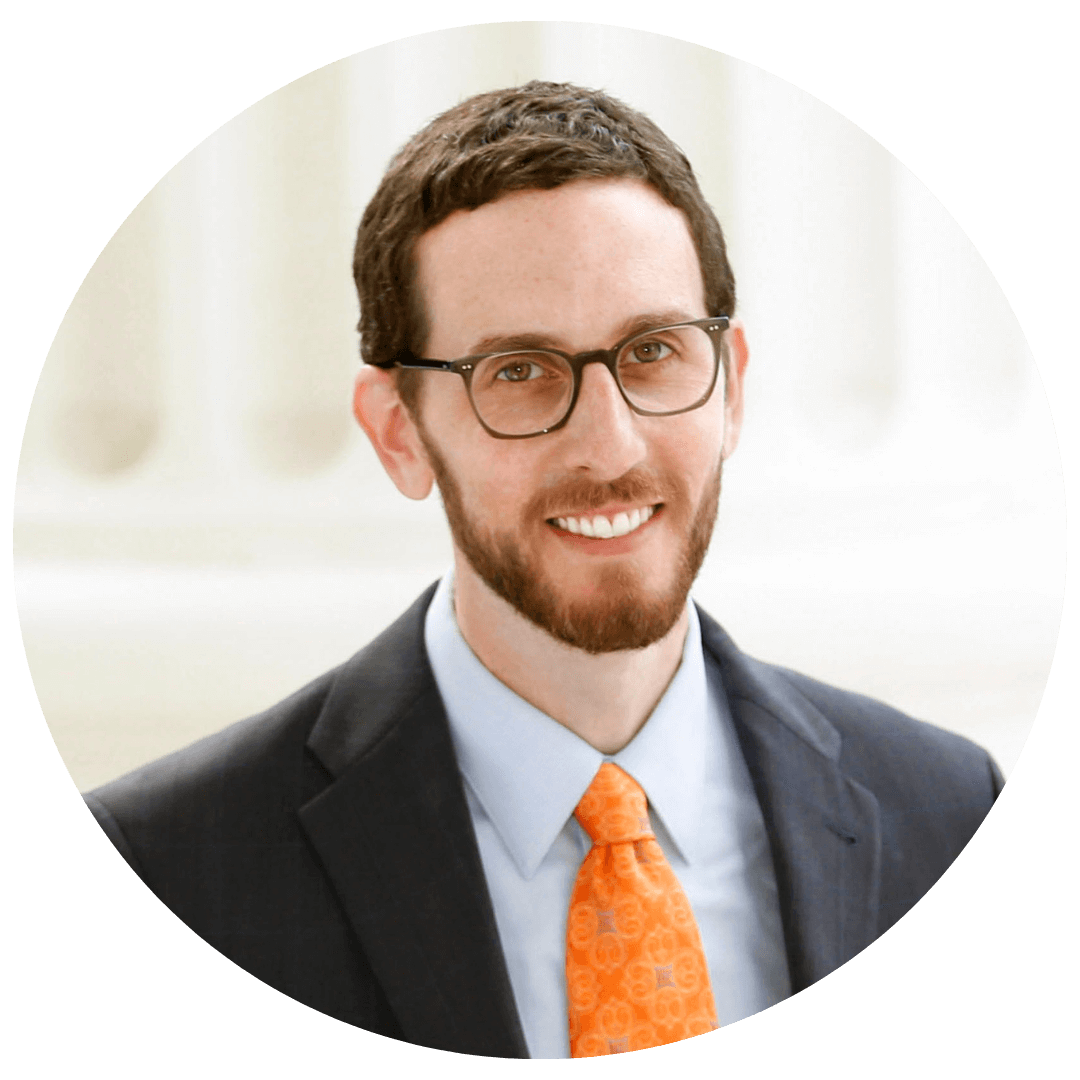
Honorable Scott Wiener
State of California Senator
District 11
Honorable Scott Wiener
First elected in 2016, Senator Scott Wiener represents District 11 in the California State Senate. District 11 includes San Francisco, Broadmoor, Colma, and Daly City, as well as portions of South San Francisco and San Bruno.
In the State Senate, Senator Wiener works day and night to make housing more abundant and affordable; strengthen and expand our public transportation systems; increase access to health care, including mental health and addiction treatment; ensure families have access to food, child care, paid family leave, and other critical supports; fight climate change and keep California in the lead on climate action; reform our broken criminal justice system; and safeguard and expand the rights of all communities, including immigrants and LGBTQ people.
Senator Wiener has authored 87 bills that have been signed into law (see Legislation tab for a full list). He has been recognized by respected community organizations for his work (see the Awards tab for a full list).
Senator Wiener serves as Chair of the Senate Budget Committee and Chair of the Senate Legislative Ethics Committee. He previously served as Chair of the Senate Housing Committee and the Senate Human Services Committee. He serves as Co-Chair of the California Legislative Jewish Caucus and Chair of the Senate Mental Health Caucus. He previously served as Chair of the California Legislative LGBTQ Caucus. Senator Wiener is a member of the Public Safety Committee, Judiciary Committee, Local Government Committee, and Health Committee. He also serves on the Governor's Council on Holocaust and Genocide Education.
Before his election to the Senate, Senator Wiener served on the San Francisco Board of Supervisors, representing the district previously represented by Supervisor Harvey Milk. During his time on the Board of Supervisors, Senator Wiener authored a number of first-in-the-nation laws, including mandating fully paid parental leave for all working parents and requiring water recycling and solar power in new developments. He focused extensively on housing and public transportation, authoring laws to expedite approval of affordable housing, legalize new in-law units, and tie public transportation funding to population growth.
Before his election to the Board of Supervisors, Senator Wiener spent fifteen years practicing law: as a Deputy City Attorney in the San Francisco City Attorney’s Office, in private practice at Heller Ehrman White & McAuliffe, and as a law clerk for Justice Alan Handler on the New Jersey Supreme Court. Senator Wiener co-chaired the Alice B. Toklas LGBTQ Democratic Club, BALIF (the Bay Area’s LGBTQ bar association), and the San Francisco LGBTQ Community Center, and served on the national board of directors of the Human Rights Campaign, the nation’s largest LGBTQ civil rights organization.
Senator Wiener grew up in New Jersey, the son of a small business owner and a teacher, and flipped burgers at Burger King while attending public school. He received a bachelor’s degree from Duke University and a law degree from Harvard Law School. He spent a year in Chile on a Fulbright Scholarship doing historical research. He has lived in San Francisco’s Castro neighborhood since 1997.
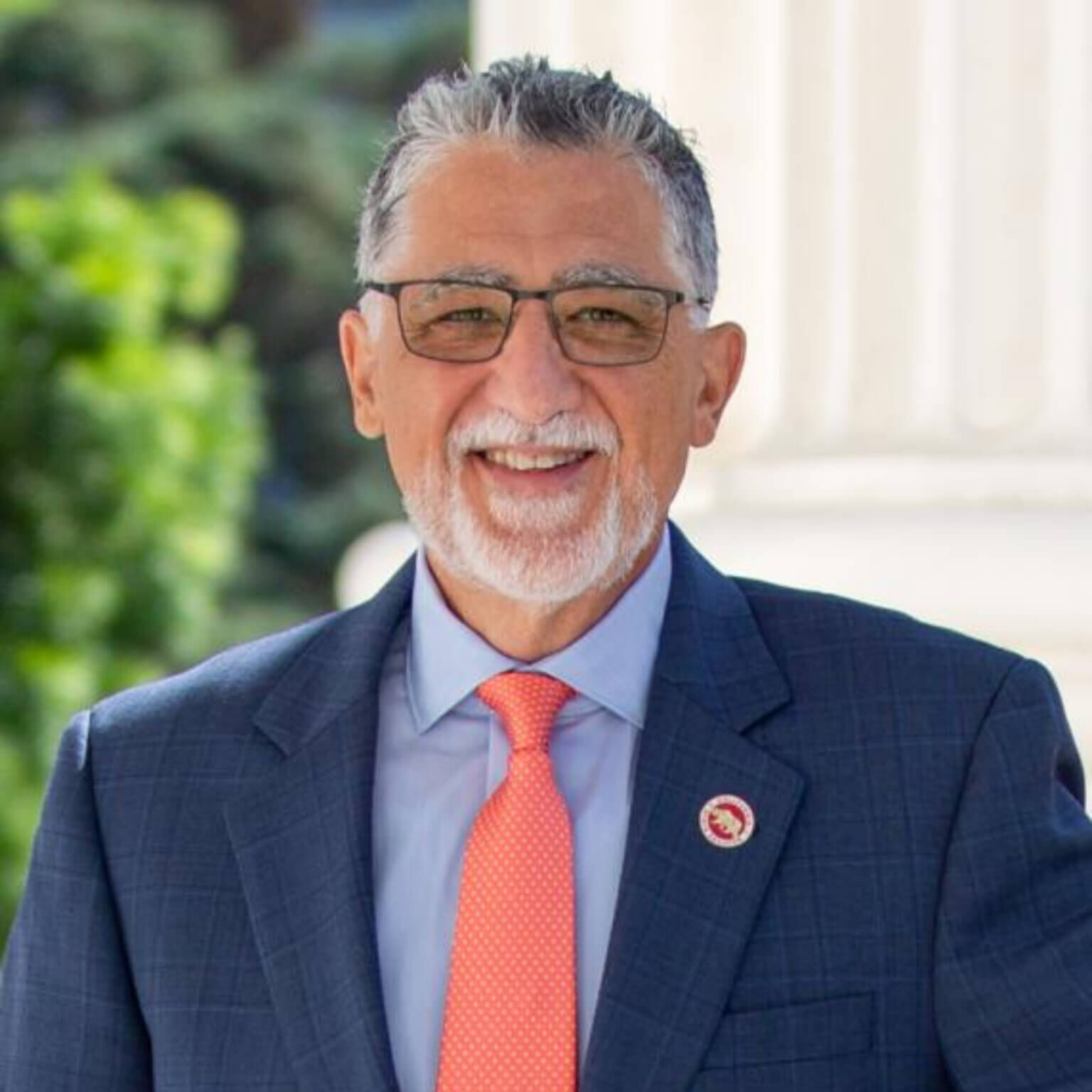
Anthony Portantino
Former Senator
State of California
Anthony Portantino
Anthony Portantino is the proud father of two terrific daughters, Sofia and Isabella. He is an approachable, community focused public official with an impressive record of legislative and budget related accomplishments. He represented California’s great 25th State Senate District for the past eight years and served six years in the State Assembly before that.
Born and raised in New Jersey, Anthony came to California to work in film and TV production. As a Senator, he was a leading advocate for the Entertainment Tax Credit to keep and expand film and TV production in California. He personally negotiated the current five-year extension of the tax credit with the Newsom administration and he created the $150 million incentive to build more studios in California.
During his time in office, public education, mental health, and sensible gun control were his legislative priorities. He worked collaboratively with CBHA to expand mental health education in California and on suicide prevention efforts. Additionally, he championed increased funding for special education and public education overall. He created California’s umbilical cord blood collection program, pushed back school start time for middle and high school students, banned the open carry of handguns on Main Street, raised the purchase age of firearms to 21, and placed the suicide hotline number on student identification cards. In addition, his efforts created a science fellowship in the State Capitol and established a unique partnership between the University of California and Historically Black Colleges and Universities. Foster youth, LGBTQ+ students, dyslexic children and students suffering from fetal alcohol syndrome have benefited from the Senator’s effective leadership. HIV testing became easier and more efficient in California while thousands of deserving college students have had their Cal Grants increased because of the Senator’s public service and commitment to our youth.
Anthony is an avid and daily bike rider. He has championed active transportation and personally negotiated the end of the 710-freeway tunnel expansion paving the way for Pasadena to develop the long-dormant freeway stub.
From monitoring micro plastics in drinking water, establishing the plan to clean up our oceans and helping to retrofit school kitchens with efficient and environmentally friendly dishwashers, Senator Portantino has worked collaboratively with local environmental activists on strong sustainability projects and delivered results.
He proudly represented the Rose Bowl, Jet Propulsion Laboratory, the Griffith Park Observatory, the LA Zoo, Warner Brothers, Disney, Caltech and the Claremont Colleges. Anthony can often be seen attending live performances in many of the 25th Senate District’s numerous nonprofit theaters. A published poet and author of three novels, he is a staunch supporter of the arts and worked closely with Actor’s Equity and theatre companies to establish a state program to support live performing arts venues.
In the Senate, he Chaired the Senate Appropriations Committee and a Select Committee to foster trade between California, Armenia and Artsakh. A close and trusted friend of the Armenian American community, he has been honored to have visited Armenia numerous times where he established the California trade desk in the capital city of Yerevan. He is the only US Legislator to have taken an emotionally powerful tour of Artsakh post 44-Day War.
Senator Portantino is a product of public education, a proud PTA member, Girl Scout dad and 20-year AYSO soccer referee. He graduated from Albright College in Reading, Pennsylvania where he met his wife Ellen on the school’s library steps and the rest, as they say, is history.
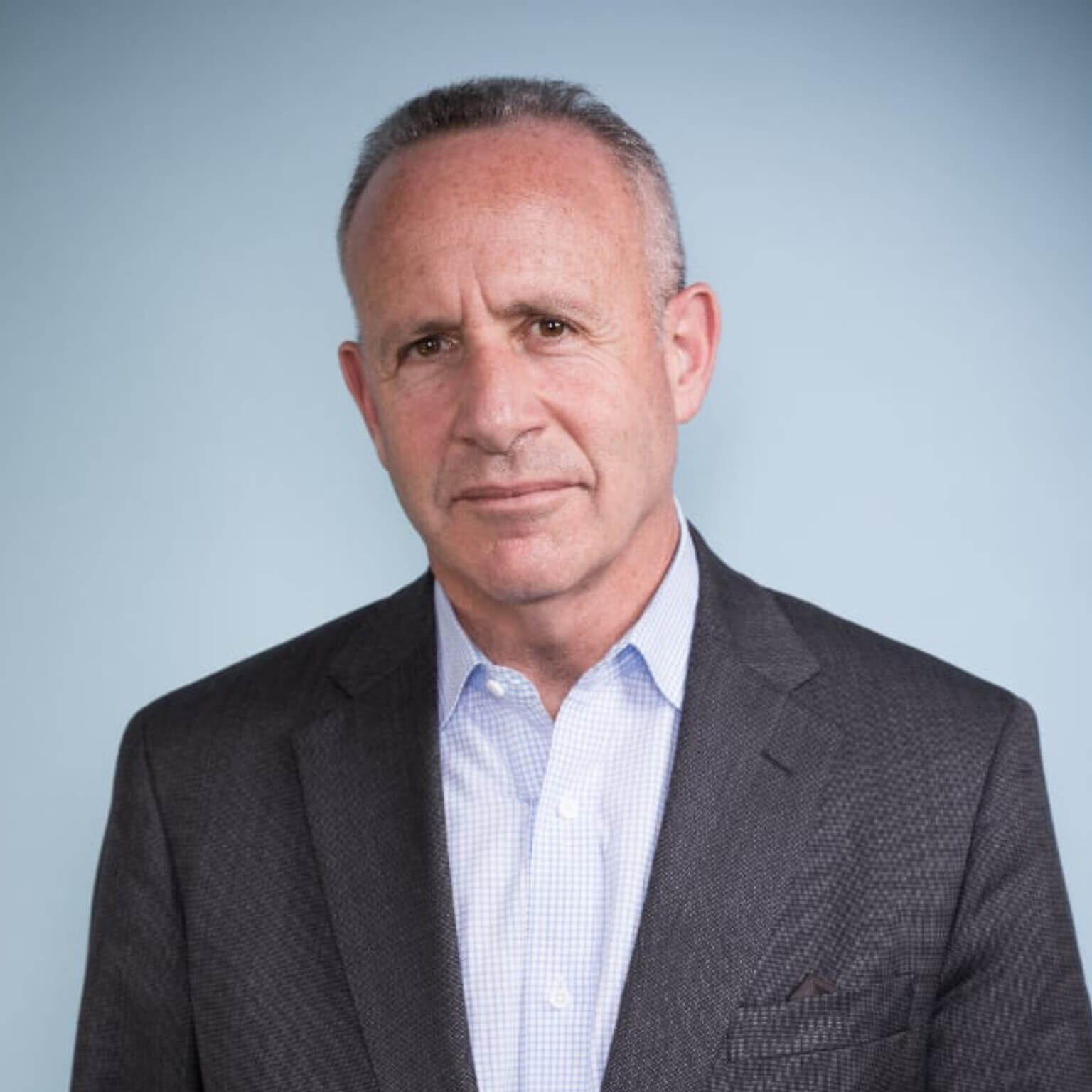
Darrell Steinberg
Founder
Steinberg Institute
Darrell Steinberg
Darrell Steinberg is California’s strongest public advocate for better mental health care. He is known within the mental health community as a long-time champion.
Darrell became passionate about mental health during his time on the Sacramento City Council. In 1997, the City of Sacramento engaged in a lawsuit against Loaves and Fishes, a private charity providing food to the homeless. The free lunches began to draw thousands of homeless people who were seen as a nuisance to local businesses near the shelter in North Sacramento. Former Mayor Joe Serna and then Councilmember Steinberg were the only two members to vote against the lawsuit. Upon further investigation into the rapidly increasing homeless population, Steinberg learned that an overwhelming portion of homeless suffered from mental illness and did not have access to proper mental health care. From this point onward, Darrell has worked to bring awareness and solutions for what he calls “the under-attended issue in our time and in our society.”
AB 34 Pilot Projects
During his first year in the State Assembly, Steinberg authored AB 34, which began three pilot projects that provided integrated services to the homeless in Stanislaus, Los Angeles and Sacramento counties. The pilot was so successful in lowering hospitalization, incarceration and homeless episodes the program was expanded to more than 30 counties in late 2000. The success continued for 5,000 people per year.
Mental Health Services Act
In 2004, Steinberg authored Proposition 63, the California Mental Health Services Act (MHSA), approved by California voters on the November 2004 statewide ballot. He worked with advocate, Sherman Russell Selix, Jr. to co-author the proposition. The act imposes a 1% tax for mental health funding on incomes over $1,000,000.
The Mental Health Services Act created a “whatever-it-takes” approach to support and service those with severe mental illness. Services can include providing a safe place to live, a job, help in school, physical health care, clothing, food, or treatment when a mental illness and a substances abuse disorder are combined. The Act also requires that twenty percent of the annual dollars be invested in Prevention and Early Intervention services (PEI). The philosophy of the MHSA is to engage individuals before they develop serious mental illness or serious emotional disturbance and to alleviate the need for additional or extended mental health treatment.
The Mental Health Services Act has proven to be a cost effective way to address mental health care. The Act was the first of its kind in the United States and has directly helped thousands of Californians.
SB 82 – The Investment in Mental Health Wellness Act of 2013
Darrell also authored the Investment in Mental Health Wellness Act of 2013 (SB 82), which allocated $142 million in state General Funds for a grant program to expand the number of community-based mental health crisis services. This bill aims to significantly improve access to mental health crisis services by funding a major statewide expansion of crisis residential and stabilization beds and mobile crisis capacity. It pays particular attention to reducing recidivism by prioritizing mental health help to those in crisis.
The Steinberg Institute - Advancing Mental and Behavioral Health Leadership
In 2014, Darrell established The Steinberg Institute for Advancing Mental Health Policy. The Steinberg Institute will focus on building public leadership for focused improvements in California's systems of mental and behavioral health. There is much work to do and many places to start. Once started with notice and impact, the Institute will expand its mission wherever its work can be most effective.
The Institute’s first goal is to organize a robust 2015 legislative agenda for mental health in California and engage more members, from both parties, to carry the agenda. The Institute will organize the disparate advocates, develop and cull the best legislative ideas, recruit the Legislators as authors, announce the agenda, and develop the strategies to pass and enact as many important bills as possible.
The agenda will be organized around 5 categories; mental health and criminal justice; housing and homelessness; the plight of veterans suffering from post-traumatic stress disorder and other war related emotional problems; children, specifically the impact of untreated mental illness on behavior and academic performance; and health care itself, specifically the need to invest in timely identification and treatment of mental health conditions. The Institute will seek to address the disparities in access to necessary care that disproportionately impact people from racial and ethnic communities and to make sure that its resources highlight best practices and ensure meaningful comparative outcome reporting.
Health Equity Champion Award
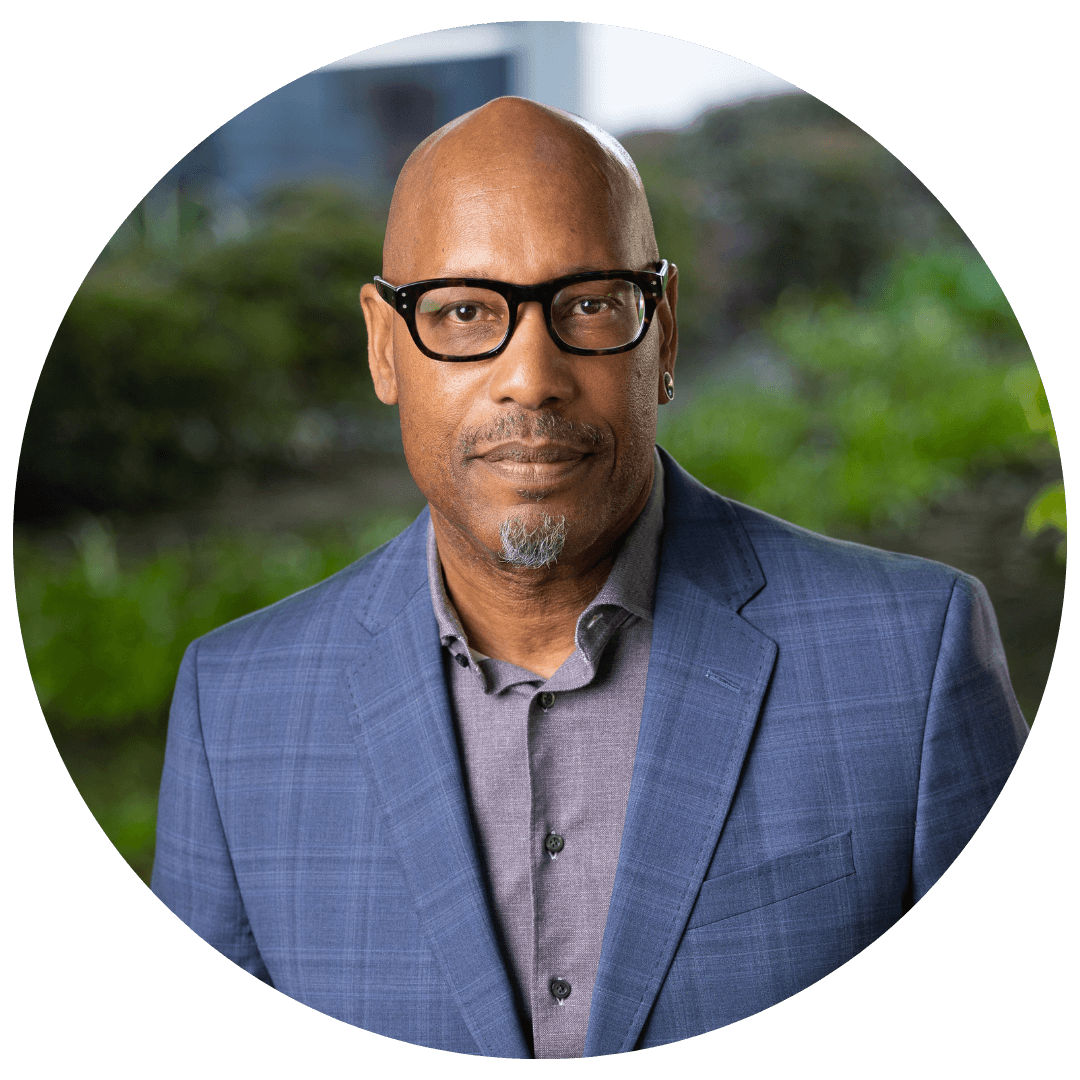
Percy Howard, LCSW
President and Chief Executive Officer
California Institute For Behavioral Health Solutions
Percy Howard, LCSW
Percy Howard, LCSW has 35 years of expertise in private practice, county behavioral health, child welfare systems, nonprofit organizations, and juvenile justice settings. He catalyzed CIBHS’ ability to implement recovery-oriented and family-directed evidence-based practices, change management and evaluation supports throughout California.
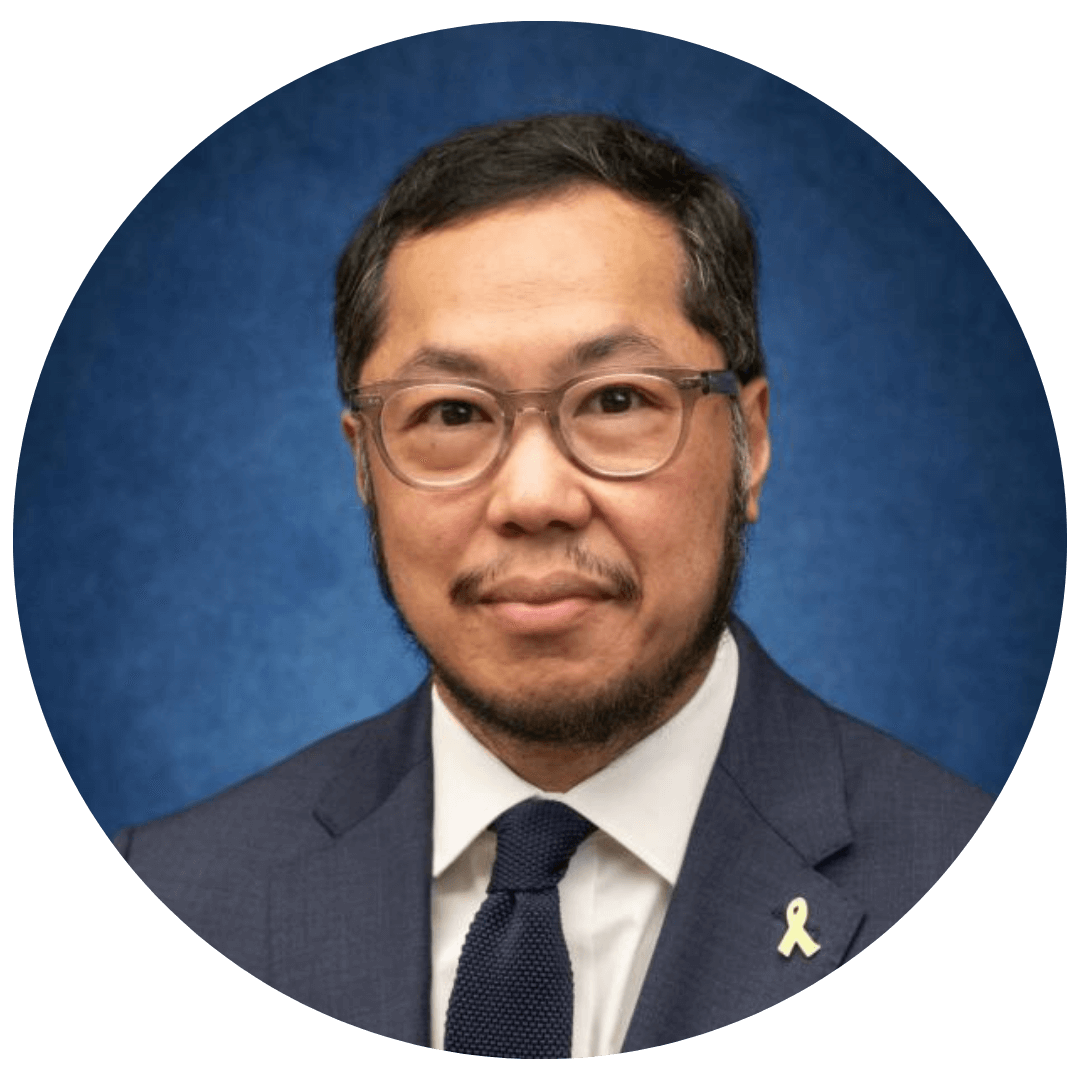
Jei Africa, PsyD
Director, Behavioral Health and Recovery Services
San Mateo County Health
Jei Africa, PsyD
Jei Africa is the director of Behavioral Health and Recovery Services. The division provides services for children, youth, families, adults, and older adults for the prevention, early intervention, and treatment of mental illness and/or substance use conditions. Services include outpatient, inpatient, residential, rehabilitation, detoxification, medication-assisted treatment, and other services for individuals who are eligible for Medi-Cal.
Africa was most recently director of Behavioral Health and Recovery Services for the County of Marin, where he focused on expanding community outreach to underserved communities, expanded the continuum of care for justice-involved clients and led the acquisition of several critical residential facility projects for those with mental health and substance abuse conditions.
Prior to that role, he served for over a decade as the director of the Office of Diversity and Equity within San Mateo County Health. Africa, the first openly transgender county behavioral health director in the United States, was instrumental in the opening of a transgender health clinic and spearheaded development of the first multi-disciplinary behavioral health LGBTQ+ community center in San Mateo County.
Africa holds a doctorate of psychology in clinical psychology and a master of science degree in clinical psychology from Alliant International University/California School of Professional Psychology and a post-doctoral master of science degree in clinical psychopharmacology. He also earned a bachelor of social science degree from the University of the Philippines (Manila), in behavioral science.
In his spare time, he likes going to see musicals, listening to live music, and taking photos of flowers and sunsets.

Devika Bhushan, MD
Senior Health Equity Advisor
California Behavioral Health Association
Devika Bhushan, MD
Devika Bhushan, MD, is a pediatrician, public health leader, author, and keynote speaker on a mission to drive health innovation, resilience, and equity. Her expertise spans trauma-informed systems, stress and resilience, mental health, and gender and health equity — with insights featured in The Lancet, Pediatrics, JAMA, NBC, NPR, Slate, and The Los Angeles Times.
Dr. Bhushan serves on Stanford’s adjunct faculty, as Chief Medical Officer at Daybreak Health, which brings personalized mental health support directly to youth and families, and as a senior strategic advisor to entities that aim to advance health, innovation, and equity, ranging from non-profits to a venture capital firm. She serves on the national Board of Directors of the National Alliance on Mental Illness, the nation’s leading mental health advocacy organization, and the California Partners Project, co-founded by California First Partner Jennifer Siebel Newsom to focus on child well-being and gender equity.
Previously, as California’s Acting Surgeon General (2022) and its inaugural Chief Health Officer (2019-2022), Dr. Bhushan was a key public health spokesperson and advisor to California’s Governor. In these roles, she led policy and practice innovation at a statewide level by co-leading the launch and implementation of the $500 million ACEs Aware initiative, focused on healing from childhood trauma.
Dr. Bhushan is also an award-winning mental health spokesperson, known for publicly sharing her journey with bipolar disorder while serving as California’s Acting Surgeon General to destigmatize mental illness and spread hope. She leads a vibrant newsletter community and YouTube channel/podcast to share evidence-based insights for well-being, and stars in the documentary BrainStorm (2025).
Dr. Bhushan trained at Harvard Medical School and Johns Hopkins. She is a parent, an immigrant, and a first-generation Indian American.
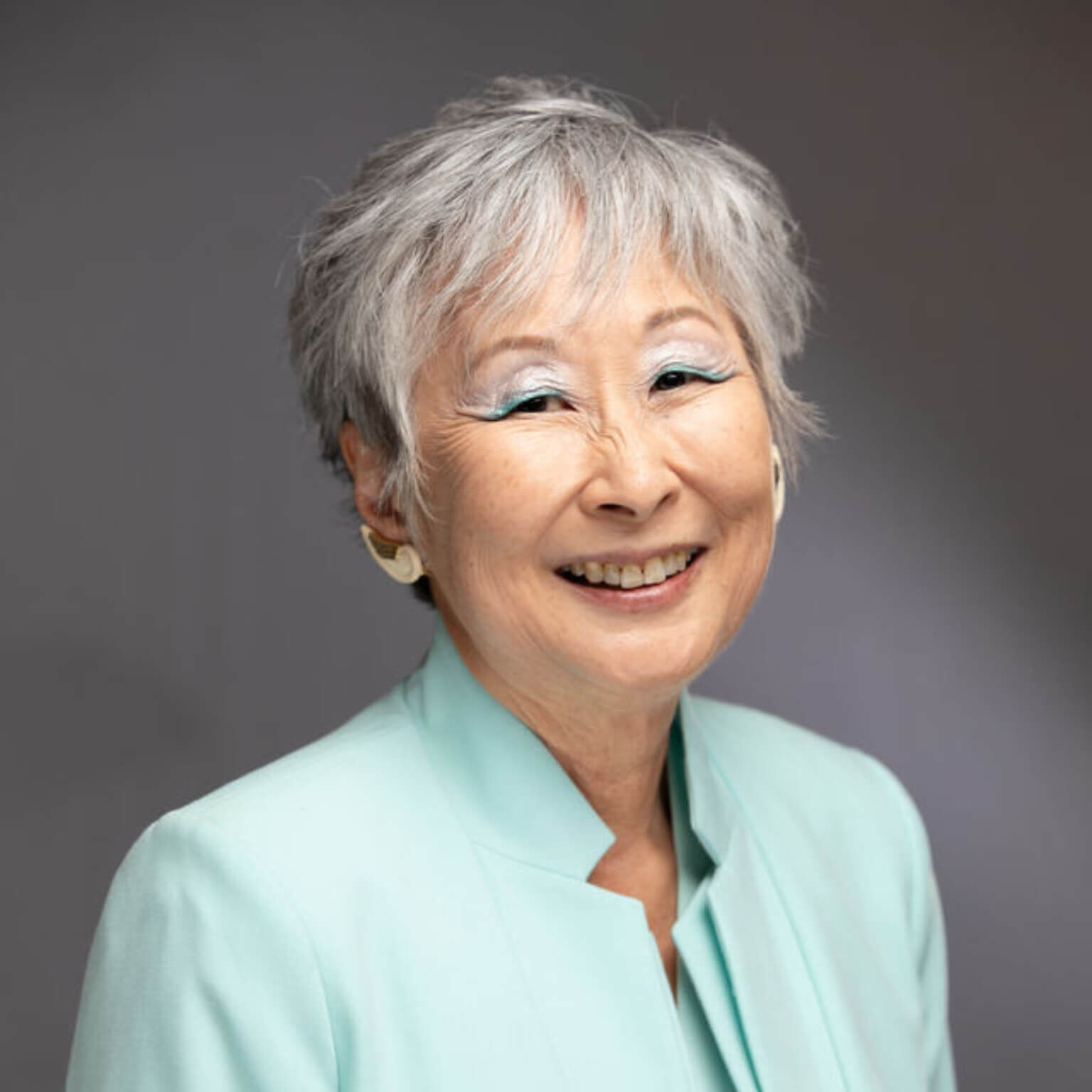
Stacie Hiramoto, MSW
Director
Racial and Ethnic Mental Health Disparities Coalition
Stacie Hiramoto, MSW
Stacie Hiramoto, MSW, has been a mental health advocate and proud social worker for many years. She is one of the founders and presently Director of the Racial and Ethnic Mental Health Disparities Coalition (REMHDCO), a statewide mental health policy and advocacy organization representing BIPOC communities. REMHDCO has been an integral part of the highly acclaimed California Reducing Disparities Project for over a decade. Stacie served as staff under the former Assembly Speaker Willie Brown, as well serving as Director of Legislative Affairs and Government Relations for the California Chapter of the National Association of Social Workers. She is also honored to have worked for the late Rusty Selix for over a decade.
Consumer Advocate Award
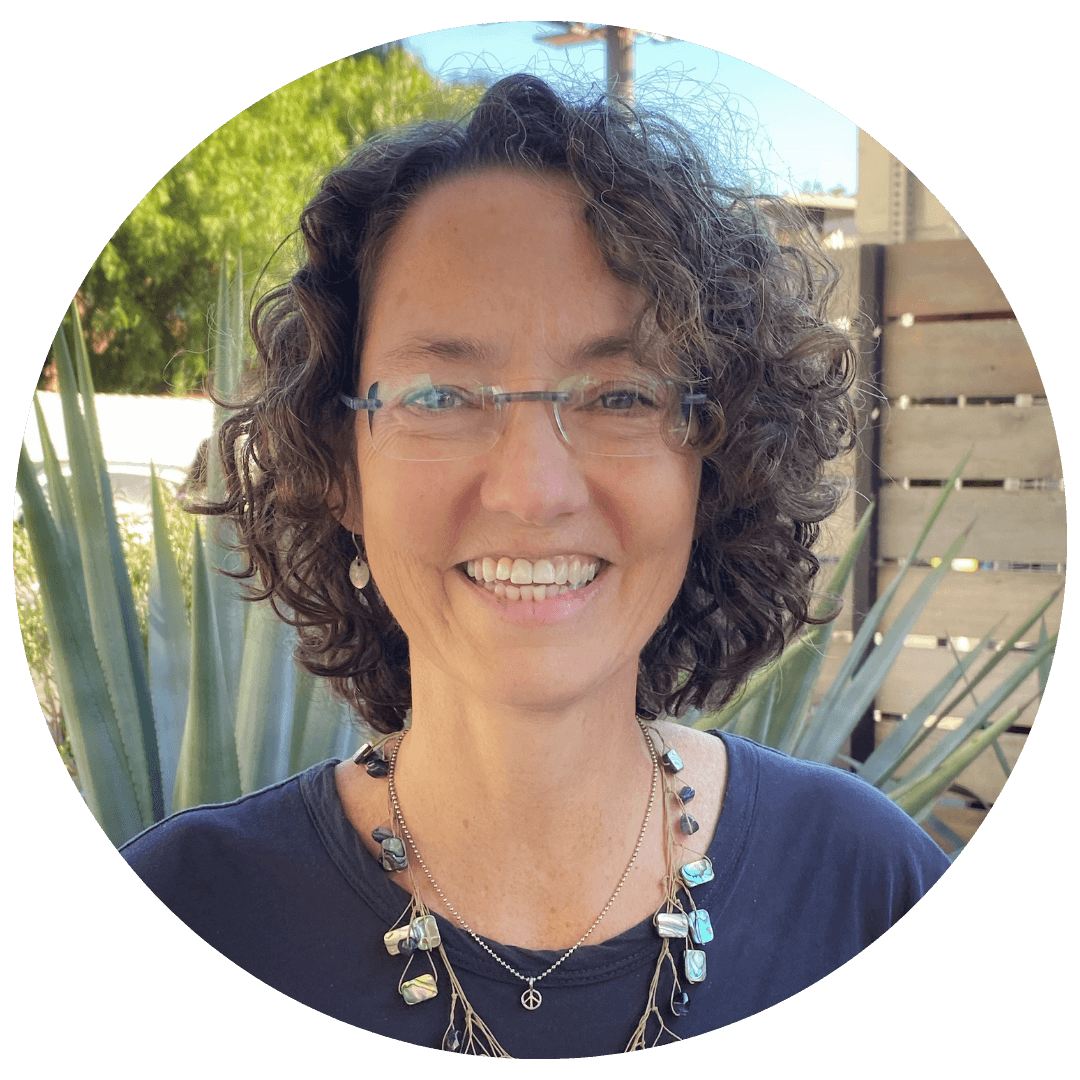
Kate Richards Geller, MA
Executive Director
Urban Voices Project
Kate Richards Geller, MA
Kate Richards Geller is a music therapist and vocal improviser who is well-known for keen listening, creating safety in a group, facilitating freedom within structure, and supporting personal expression. Kate earned a master’s degree in Music Therapy from NYU in 1997 and then combined her singer/songwriter skills and 'joie de vivre’ with clinical improvisation to enhance “quality of life” in medical settings, community centers, and therapeutic pre-schools. The core of her work engages people in interactive singing as a bridge to self-expression, communication, and community-building.
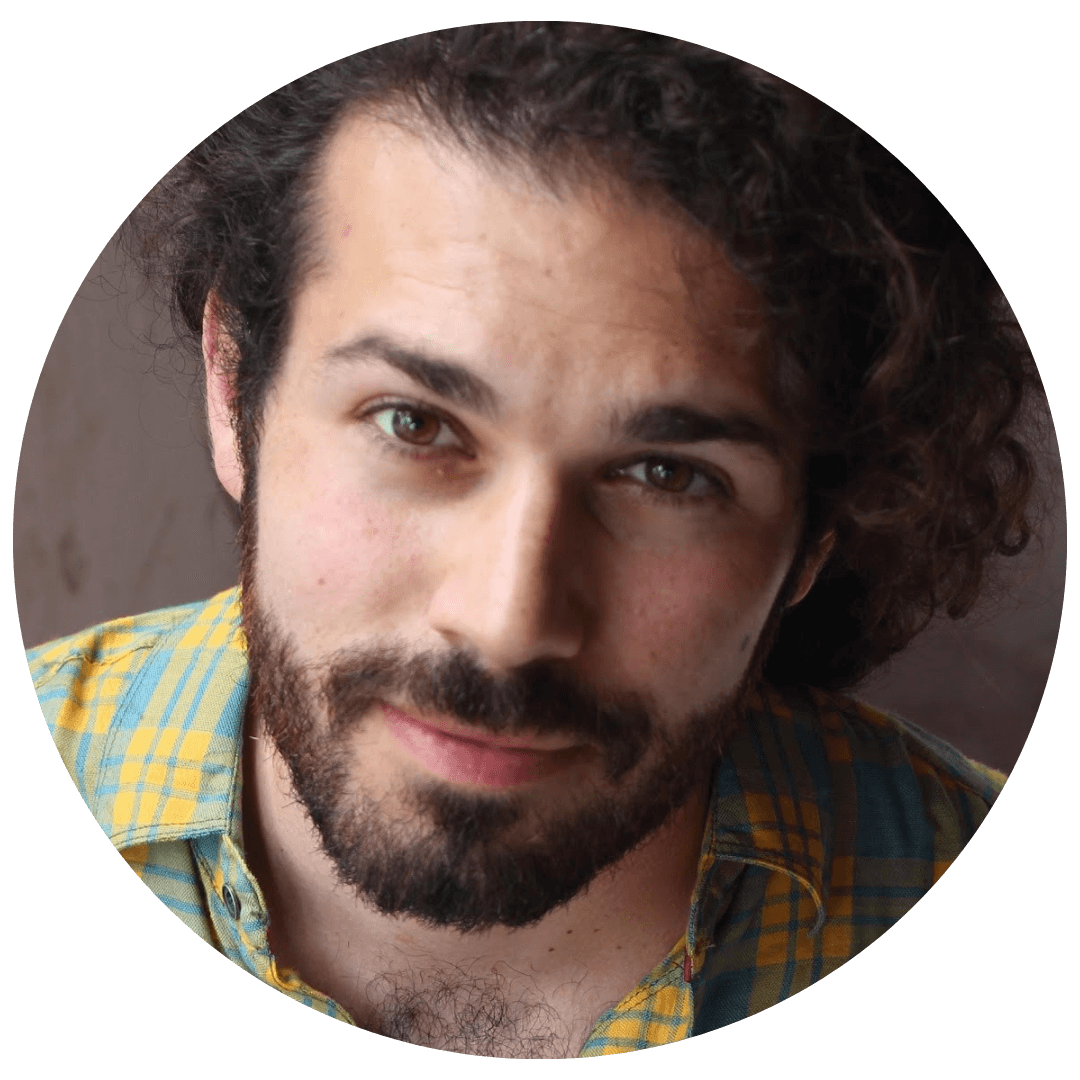
Leeav Sofer
Co-Founder & Artistic Director
Urban Voices Project
LeeAv Sofer
LeeAv Sofer is a Los Angeles-based community-driven artist exploring the intersection of music and societal healing, focusing both in homelessness, social and emotional connection as well as Jewish cultural heritage.
Sofer is the co-founder and director of The Urban Voices Project, a program that provides music workshops for the homeless and disenfranchised individuals on Skid Row and around Los Angeles County. Clients use arts to navigate their respective journeys off the streets and back into society. These programs have recognition on the front page of the Los Angeles Times, on NPR’s All Things Considered, and NBC’s Today Show and allowed him to share the stage with various celebrities such as Dick Van Dyke, John Legend, and Joan Baez as well as local politicians and even television appearances
Recognized as Jewish Journal’s esteemed “30 under 30”, leads the band Mostly Kosher, dedicated to preserving and progressing cultural folk music of Judaic heritage. In 2016, Mostly Kosher had the honor of being the first Jewish music ensemble at the Disney parks and was met with critical acclaim, including a special on PBS. The ensemble continues each year as both a touring ensemble at performing arts centers as well as its regular return to their residency at the Disney Parks.
Sofer is on faculty at the Colburn School in Los Angeles where he conducts community engagement programs leading Sofer to become one of Los Angeles County Department of Education’s lead teaching artists and lecturer on how music intersects with social and emotional learning.
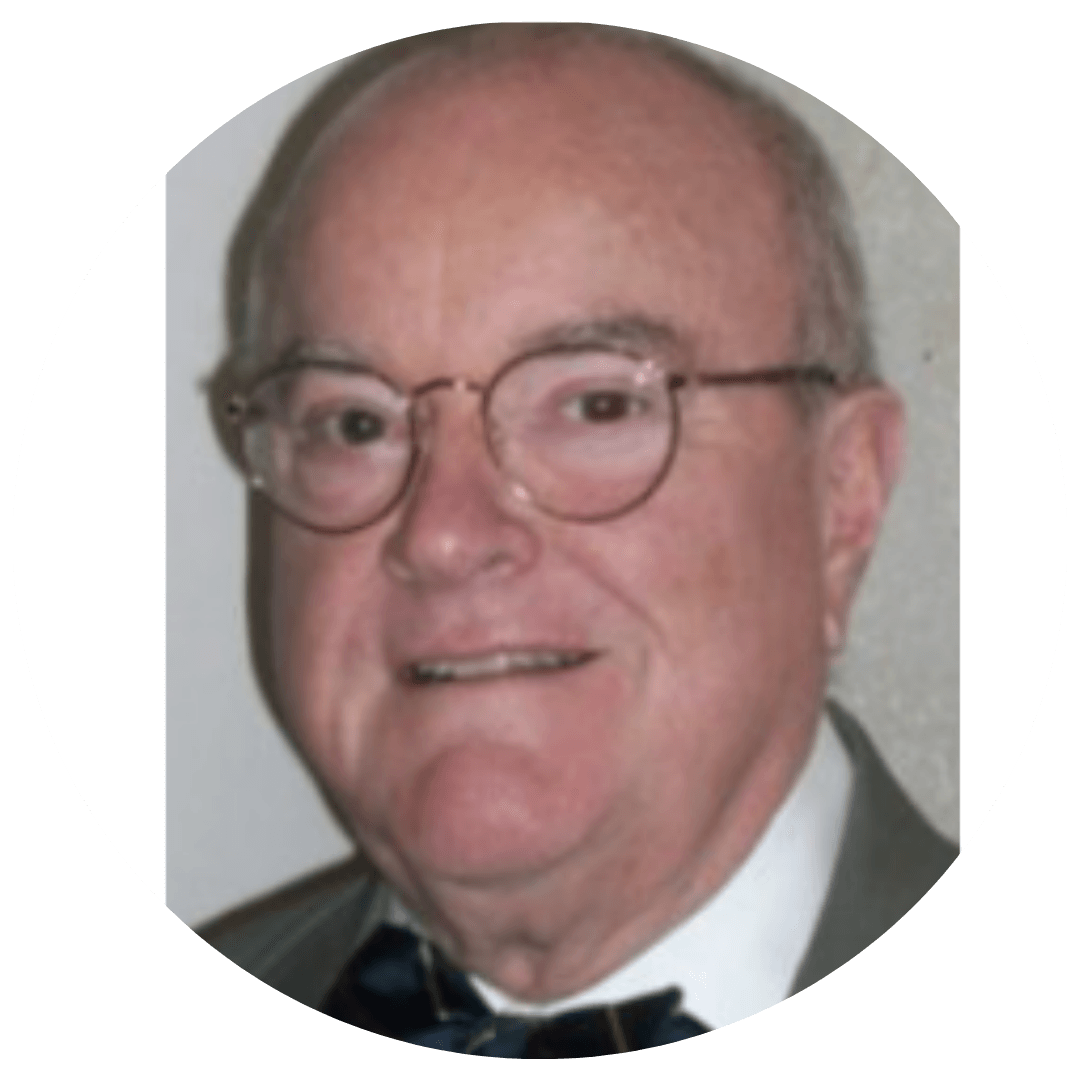
Richard Van Horn
Former President and CEO
Mental Health America Los Angeles
Richard Van Horn
Richard was first appointed to the Commission in 2009, representing California’s then-State Superintendent of Public Instruction Jack O’Connell. He served as the Commission’s vice-chair in 2010-11, Chair in 2013-14 and Evaluation Committee Chair in 2015-16.
Richard brought to the Commission a lifetime of knowledge, experience, and passion for helping people improve their mental well-being.
Richard led the development of recovery-focused services and programs run by and for people with unmet mental health needs. As an advocate, Richard played a major role in the development and passage of Proposition 63. Richard was a true mental health champion and embraced a wellness, recovery, and resilience approach to care for individuals with unmet mental health challenges. Through his leadership, Richard created opportunities in the community to transform California’s public mental health system into an integrated model of recovery and wellness-oriented services.
As for more than 30 years president and chief executive officer of Mental Health America, Los Angeles (MHALA), Richard dedicated his life to creating equitable opportunities for individuals and the community. He was instrumental in the success of Project Return as a self-advocacy program and in the Village, a novel, collaborative, integrated service approach that led to the incorporation of Full Service Partnerships in the MHSA model. He was a member of the board of the Mental Health Association of California, the California Institute for Mental Health (now the California Institute for Behavioral Health), the California Council of Community Behavioral Health Agencies, and the National Council for Community Behavioral Health. Richard was also a past member of the National Board of Directors of Mental Health America. On behalf of Mental Health America, he testified before the Congress of the United States regarding issues affecting people with mental illnesses.
A graduate of Harvard University, Richard also held a Masters of Divinity in Theology and was an ordained Episcopal priest, a role which led him to his calling in what was called a “social ministry,” and in turn to a lifetime of social and mental health advocacy.
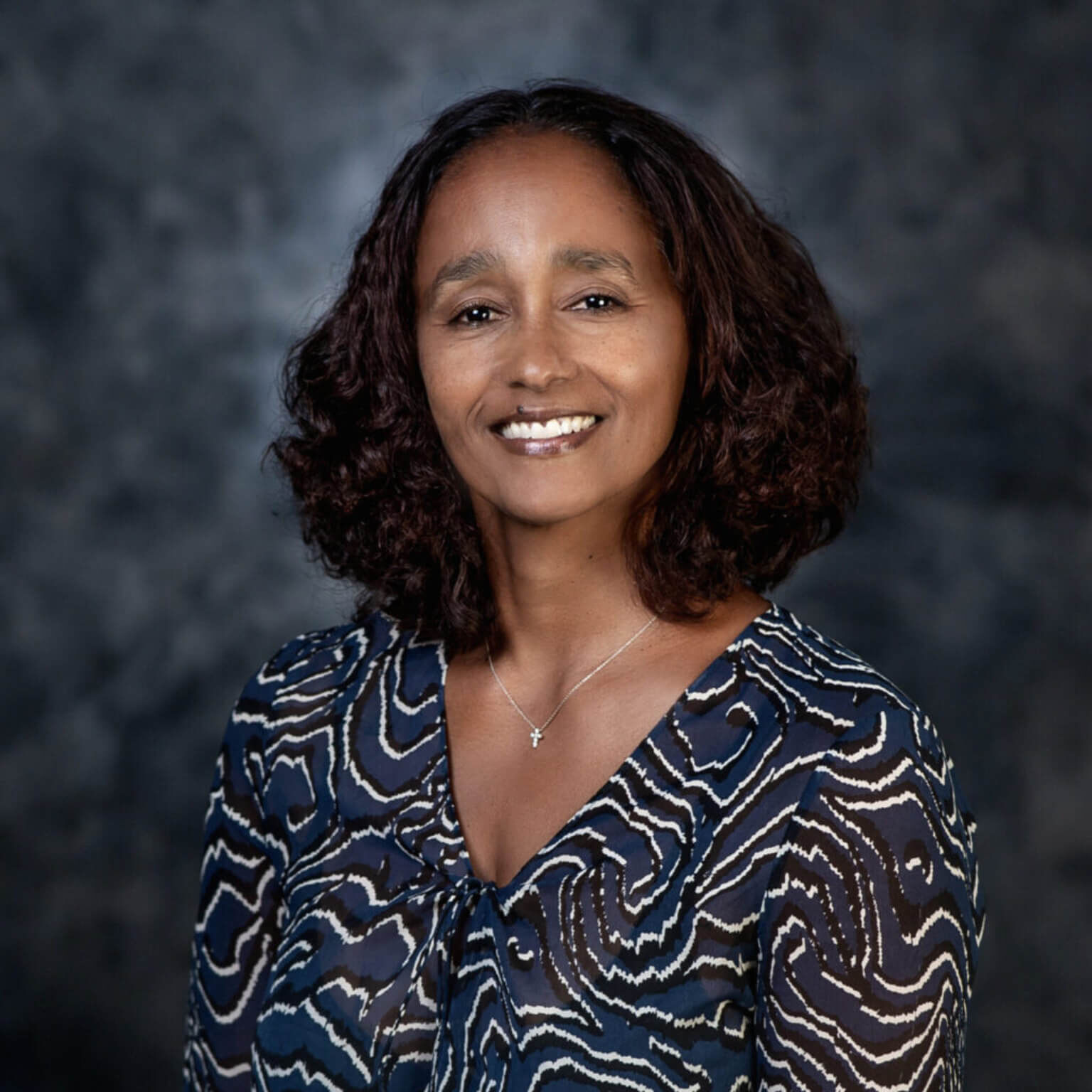
Gina Warren, PharmD
CEO and Founder
Neighborhood Wellness Foundation
Gina Warren, PharmD
Gina Warren is the Co-founder and CEO of Neighborhood Wellness Foundation (NW), a non-profit organization dedicated to navigating and disrupting intergenerational trauma and poverty in North Sacramento’s Del Paso Heights and nearby communities. Dr. Warren leads an innovative, multigenerational team combining academic, clinical, and business expertise with significant lived experience, including over 125 combined years of incarceration on paid staff. NW focuses on addressing disparities linked to Adverse Childhood Experiences (ACEs), toxic stress, and neighborhood trauma. Under Dr. Warren’s leadership, NW drives a cross-sector, community-led collaborative ecosystem that strategically partners with various agencies to tackle issues at the intersection of intergenerational trauma and poverty. These issues include poor mental and physical health, violence, substance use disorders including fentanyl crisis, illiteracies, homelessness, incarceration, and socioeconomic paralysis. Notable Achievements Under Dr. Warren’s Leadership include: Hosted the first COVID-19 vaccination clinic in Del Paso Heights. School-Based Health Center: NW lead the collaborative effort in opening and coordinating the first school-based health center in Del Paso Heights at Grant Union High School. Reducing recidivism and improving violence mitigation by employing former gang-involved and incarcerated individuals as neighborhood navigators and community health workers. NW Instrumental in reducing Fentanyl-related deaths in Sacramento County by providing Opioid Awareness and Narcan education & distribution to both housed and unhoused individuals, churches, students, faculty and other community-based organizations. Received recognition and a recommendation in California’s Racial Identity Profiling Act (RIPA) final report for NW’s training expertise to California Law Enforcement aligned with RIPA’s goals to reduce racial profiling of black and brown neighbors. Dr. Warren holds a doctorate in Clinical Pharmacy from UCSF and has been a licensed clinical pharmacist for 28 years and is Phase I certified in the Neurosequential Model of Therapeutics® with Dr. Bruce Perry. Dr. Warren’s leadership and NW’s holistic approach significantly contribute to the well-being and empowerment of the Del Paso Heights community and surrounding areas. She is determined to continue raising awareness at local, state and national levels about the impact of intergenerational trauma and poverty, promoting strategies to disrupt their transfer of adversity.
Recent Leadership and NW Honors: 2024: NW Consumer Advocate Award (CBHA), Community Impact Award (Alpha Kappa Alpha), All-Star Community Impact Award (Sacramento Kings, SMUD); 2023: NAACP Unsung Hero Award, Social Venture Philanthropy: Kandris Community Leader Award, Citizen of the Year (Omega Psi Phi Fraternity, Inc.), 2022:Community Activist Award (California Black Chamber of Commerce), Peacemaker Award (CSU Sacramento), Black History Legacy Award, 2020: Exceptional Woman of Color (EWOC), Community Activist Award
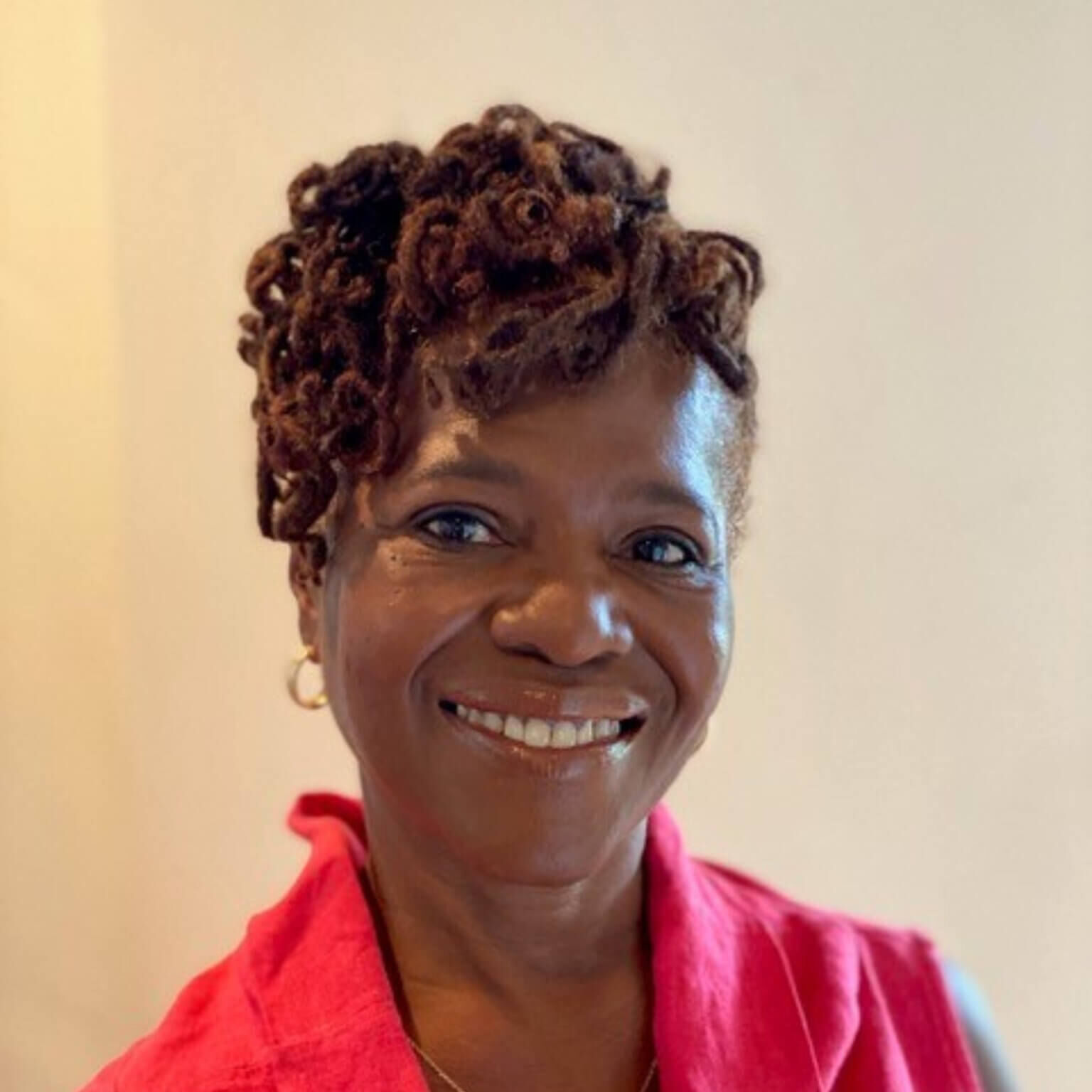
Marilyn Woods
Chief Financial Officer
Neighborhood Wellness Foundation
Marilyn Woods
Marilyn is a Co-Founder and manages the corporate development of Neighborhood Wellness. She serves on the board and assist with executive management and strategic development. She is the retired CEO/CFO of the Institute for Fiduciary Education, a company she worked at, co-owned and managed for 28 years. As an entrepreneur of a multimillion-dollar business she oversaw daily operations, developed strategic opportunities, created program content, directed marketing, initiated program development, and managed fiscal operations. The Institute for Fiduciary Education developed educational seminars for large public and private pension funds, endowments and foundations on investment diversification strategies and portfolio management including real estate, international investing, equity and fixed income investing, derivates, etc.
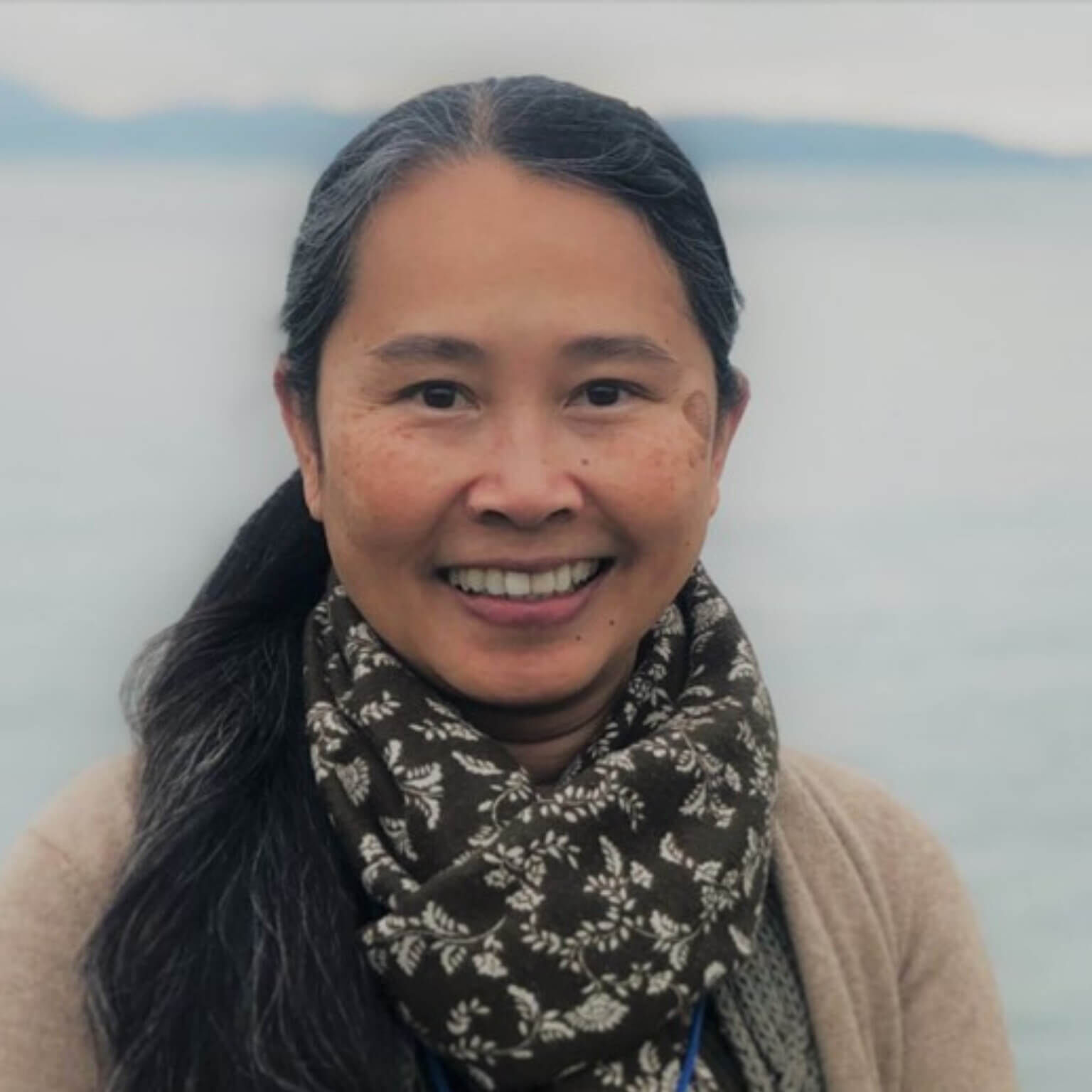
Anh Thu Bui, MD
Project Director, 988-Crisis Care Continuum
California Health and Human Services Agency
Anh Thu Bui, M.D.
Dr. Bui has worked as a community psychiatrist in California for over twenty years, serving individuals of all ages in several county specialty mental health programs and community health centers. She earned her Medical Degree from the Mayo Clinic School of Medicine in 1995 and holds board certifications in Psychiatry, Community and Public Psychiatry, and Addiction Medicine. She is a proud alumna of the California Health Care Foundation Health Care Leadership Program, administered by Healthforce Center at UCSF.
Much of her work in advocating for individuals with serious mental illness and substance use disorders has been informed by experiencing and witnessing trauma in her family and community as a refugee from Vietnam, and 35 years later, seeing the positive expansion of essential health services via the Affordable Care Act. She worked at the California Department of Health Care Services (DHCS) for two years as a Medical Consultant in Behavioral Health, including serving as Project Director for the SAMHSA 988 Cooperative Agreement to DHCS to support implementation of the 988 Suicide and Crisis Lifeline.
She is honored to have joined the California Health and Human Services Agency since October 2023 to work on 988 implementation and integration into the crisis care continuum and improve behavioral health services for all Californians.
